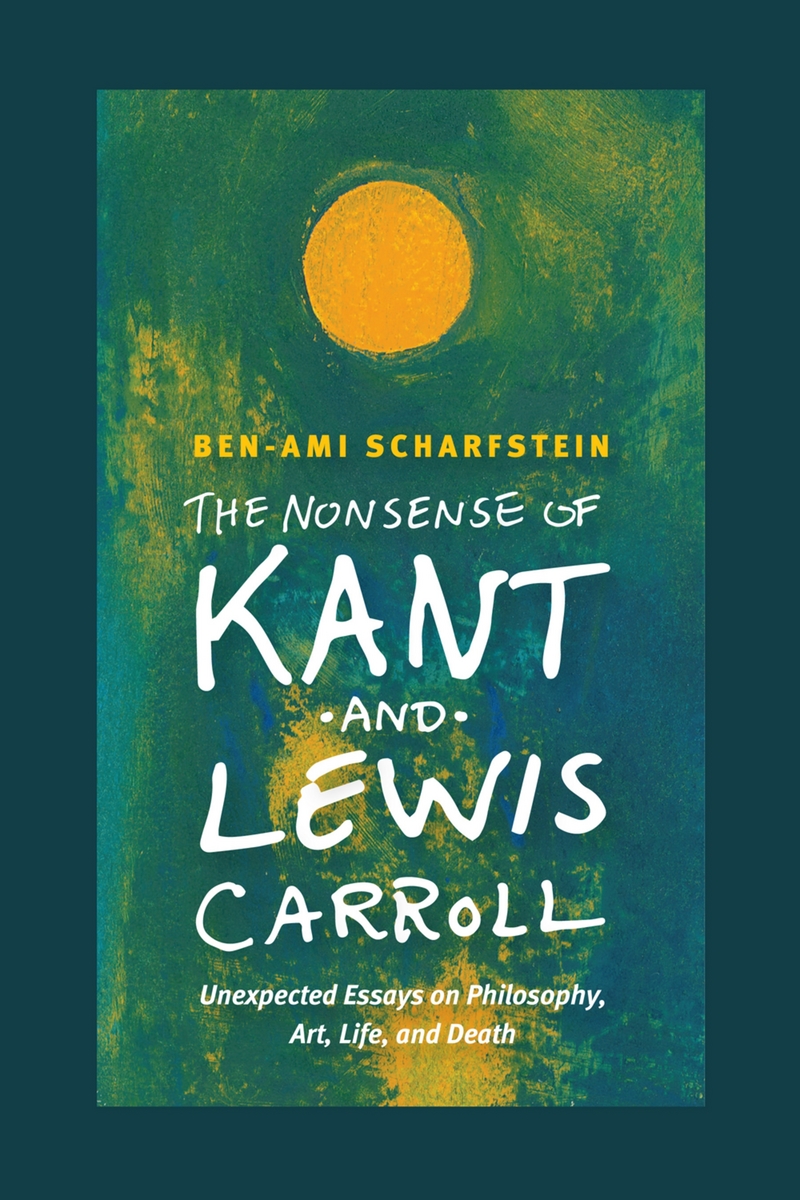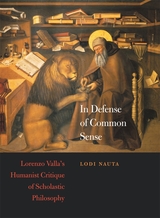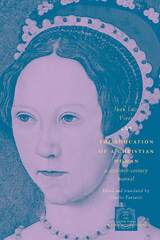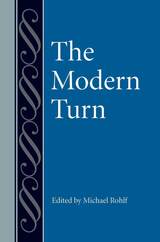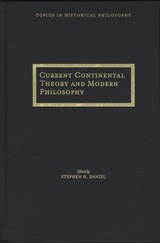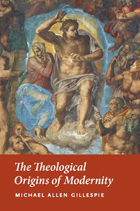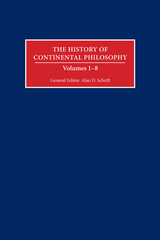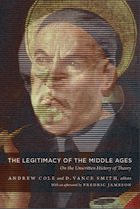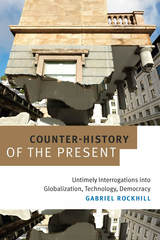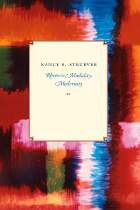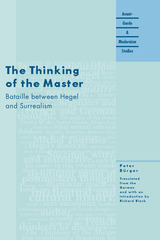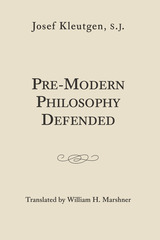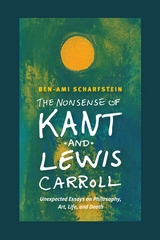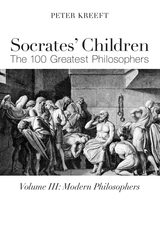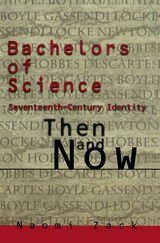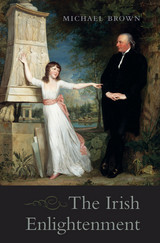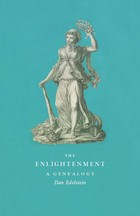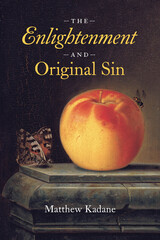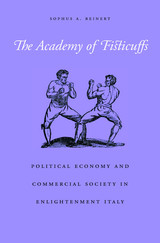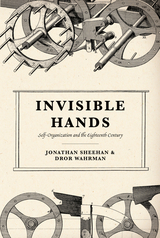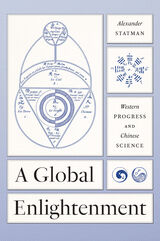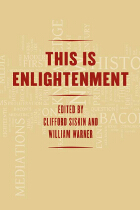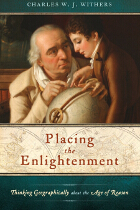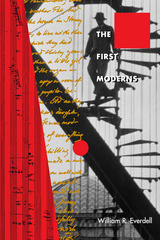The Nonsense of Kant and Lewis Carroll: Unexpected Essays on Philosophy, Art, Life, and Death
University of Chicago Press, 2014
Cloth: 978-0-226-10575-8 | eISBN: 978-0-226-10589-5
Library of Congress Classification B799.S38 2014
Dewey Decimal Classification 100
Cloth: 978-0-226-10575-8 | eISBN: 978-0-226-10589-5
Library of Congress Classification B799.S38 2014
Dewey Decimal Classification 100
ABOUT THIS BOOK | AUTHOR BIOGRAPHY | REVIEWS | TOC | REQUEST ACCESSIBLE FILE
ABOUT THIS BOOK
What if Immanuel Kant floated down from his transcendental heights, straight through Alice’s rabbit hole, and into the fabulous world of Lewis Carroll? For Ben-Ami Scharfstein this is a wonderfully instructive scenario and the perfect way to begin this wide-ranging collection of decades of startlingly synthesized thought. Combining a deep knowledge of psychology, cultural anthropology, art history, and the history of religions—not to mention philosophy—he demonstrates again and again the unpredictability of writing and thought and how they can teach us about our experiences.
Scharfstein begins with essays on the nature of philosophy itself, moving from an autobiographical account of the trials of being a comparativist to philosophy’s function in the outside world to the fear of death in Kant and Hume. From there he explores an impressive array of art: from China and Japan to India and the West; from an essay on sadistic and masochistic body art to one on the epistemology of the deaf and the blind. He then returns to philosophy, writing on Machiavelli and political ruthlessness, then on the ineffable, and closes with a review of Walter Kaufmann’s multivolume look at the essence of humanity, Discovering the Mind. Altogether, these essays are a testament to adventurous thought, the kind that leaps to the furthest reaches of the possible.
Scharfstein begins with essays on the nature of philosophy itself, moving from an autobiographical account of the trials of being a comparativist to philosophy’s function in the outside world to the fear of death in Kant and Hume. From there he explores an impressive array of art: from China and Japan to India and the West; from an essay on sadistic and masochistic body art to one on the epistemology of the deaf and the blind. He then returns to philosophy, writing on Machiavelli and political ruthlessness, then on the ineffable, and closes with a review of Walter Kaufmann’s multivolume look at the essence of humanity, Discovering the Mind. Altogether, these essays are a testament to adventurous thought, the kind that leaps to the furthest reaches of the possible.
See other books on: 1724-1804 | 1832-1898 | Carroll, Lewis | Kant | Kant, Immanuel
See other titles from University of Chicago Press
